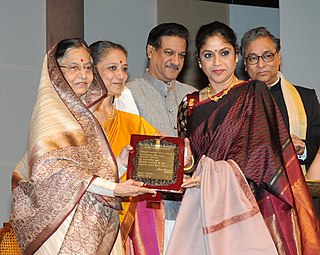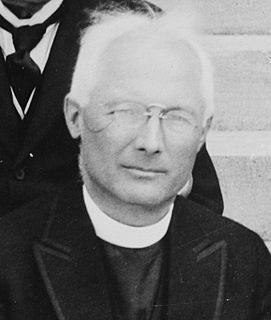A Quote by David Mitchell
Related Quotes
Every page was once a blank page, just as every word that appears on it now was not always there, but instead reflects the final result of countless large and small deliberations. All the elements of good writing depend on the writer's skill in choosing one word instead of another. And what grabs and keeps our interest has everything to do with those choices.
The songs are not meant to be real life. They're meant to have a psychic - rather than a factual - bearing on the listener. It's rare that a song grounded in reality moves me because I don't feel like I'm getting the whole story. Songs are made to exist in and of themselves, like a great James Jones or Robert Louis Stevenson novel - they're not autobiographical, and yet there's a reality in every single page. It's real life of the imagination.
As you read a book word by word and page by page, you participate in its creation, just as a cellist playing a Bach suite participates, note by note, in the creation, the coming-to-be, the existence, of the music. And, as you read and re-read, the book of course participates in the creation of you, your thoughts and feelings, the size and temper of your soul.
My writing just kind of exists out there in the air-it's all sort of intended as spoken, or sung, word. So, to commit them to the page...that way was kind of intimidating to me, yet intriguing, to try to reflect the rhythms and connotations and emotions that you can deliver, speaking-wise, on a page.
The simulator is the stage in-between television and virtual reality, a moment, a phase. The simulator is a moment that leads to cyberspace, that is to say, to the process because of which we now have two bottles instead of one. I might not see this virtual bottle, but I can feel it. It is settled within reality. This explains why the word virtual reality is more important than the word cyberspace, which is more poetic.







































